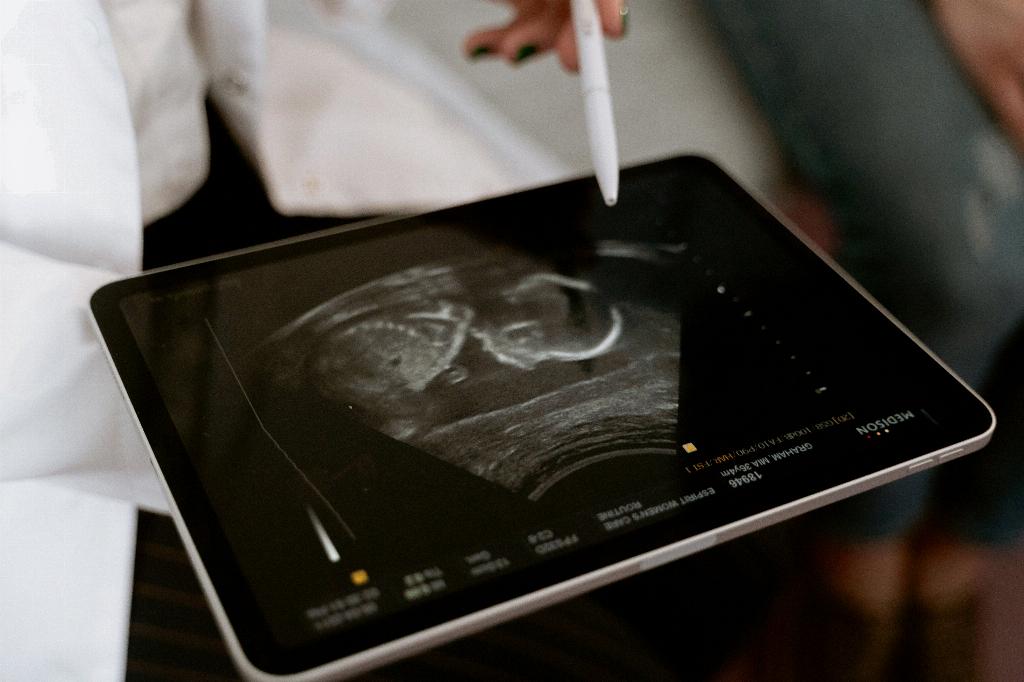When it comes to taking a pregnancy test, the emotional rollercoaster that follows a positive result can be overwhelming. The joy, excitement, and perhaps even anxiety that come with the news of a potential pregnancy is undeniable. However, what happens when that positive result turns out to be a false alarm?
False positive pregnancy tests can be a rare occurrence, happening in less than 1% of cases. While the chances of this happening are low, the impact it can have on an individual’s life is significant. The confusion, the mixed emotions, and the uncertainty that follow a false positive result can be challenging to navigate.
Factors Influencing False Positive Results
Several factors can contribute to a false positive pregnancy test result. One common reason is the presence of certain medications or medical conditions that can interfere with the test results. Additionally, using an expired or faulty test kit can also lead to inaccurate readings.
It’s important to consider the timing of taking the test as well. Testing too early or too late in your cycle can impact the accuracy of the results. Understanding your menstrual cycle and knowing the best time to take a pregnancy test can help reduce the chances of a false positive result.
Emotional Impact of False Positives
The emotional toll of experiencing a false positive pregnancy test result should not be overlooked. The anticipation, hope, and excitement that come with the initial positive result can quickly turn into disappointment and confusion. Coping with the sudden shift in emotions can be challenging for many individuals.
Furthermore, false positive results can also lead to unnecessary stress and anxiety. The uncertainty that follows a misleading test can take a toll on one’s mental well-being and overall outlook on the situation. It’s essential to seek support and guidance during such times to navigate the emotional complexities that come with a false positive result.
Dealing with False Positives
If you receive a positive pregnancy test result and suspect it may be a false positive, it’s crucial to take a follow-up test to confirm the result. Consulting with a healthcare provider can provide clarity and guidance on the next steps to take. Remember, you are not alone in this journey, and seeking professional help can ease some of the stress and uncertainty.

